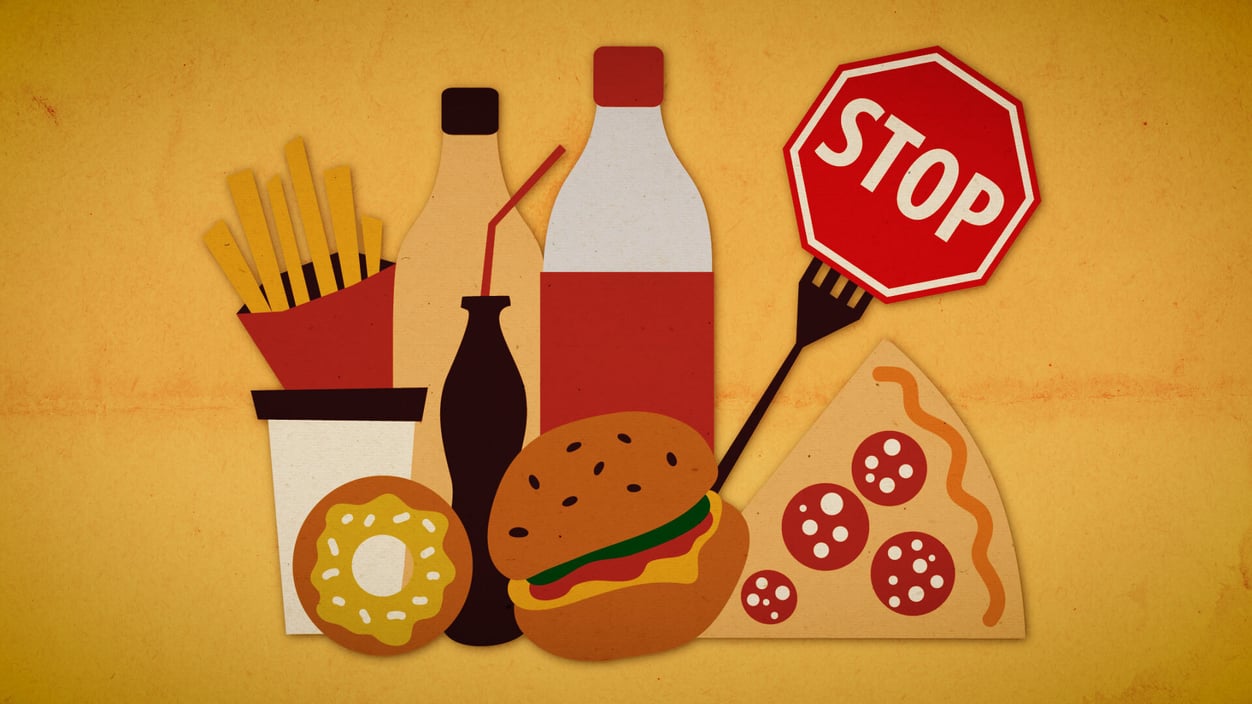Closer Look
FDA wants to bring nutrition labels to the front of food packages. But how?
 Alex Hogan/STAT
Alex Hogan/STAT
Food labels are coming to the front of packages, but when and how are still up in the air. FDA Commissioner Robert Califf said he's been eager since his tenure during the Obama administration to alert American consumers more quickly to foods high in unhealthy components like saturated fat or sodium. That's in addition to current nutrition data less obvious on packages lining supermarket shelves. "We need to get people better information quickly, and those who say the status quo is OK, we're doing fine — I'm sorry, look at the data. We're not doing fine," Califf told STAT's Nicholas Florko.
The FDA plans to survey 9,000 people on several proposed labels, from a simple graphic showing the grams of saturated fat, salt, and sugar to a color-coded logo noting when a product is high in certain unhealthy nutrients. Read more on how some other countries go further and what the food industry says.
health
Low-dose aspirin linked to anemia in older adults
About half of older Americans take low-dose aspirin to reduce their chances of a heart attack or stroke, advice that's been refined in recent years to target only people at risk for heart disease. While aspirin can limit blood clots, it can also cause dangerous bleeding. A new randomized clinical trial in nearly 20,000 otherwise healthy older adults in Australia (over age 70) and the U.S. (over 65 if Black or Hispanic) concludes there's another risk that should be considered.
The study, published in Annals of Internal Medicine yesterday, found that after almost five years, the group taking aspirin had a 20% higher risk of anemia than the group taking a placebo. Those who took aspirin also had lower levels of blood iron. The researchers, who say the anemia was likely caused by minor bleeding over time, suggest older people taking aspirin have their hemoglobin levels monitored.
health
Social isolation and loneliness can be deadly
U.S. Surgeon General Vivek Murthy recently called loneliness as dangerous to health as smoking cigarettes. A new review of 90 studies including more than 2 million people around the world links social isolation and loneliness to a higher risk of death from all causes. The Nature Human Behaviour analysis combed through research from 1986 to 2022 to see if either condition was linked to a greater risk of death from cancer, cardiovascular disease, or all causes.
Social isolation, defined as limited contact with other people, is linked to malnutrition, physical inactivity, and poorer immune function, the researchers noted. Loneliness, defined as the distress between wanting and lacking this social contact, is tied to sleep disorders and immune dysfunction. Both states were associated with a greater risk of death from any cause, including cancer, while social isolation was also associated with an increased risk of death from cardiovascular disease.


No comments